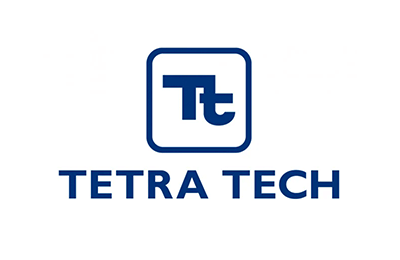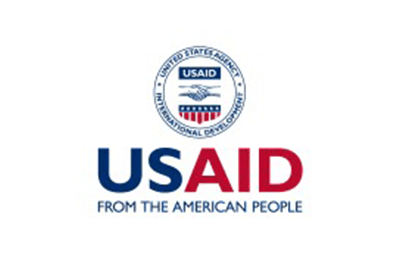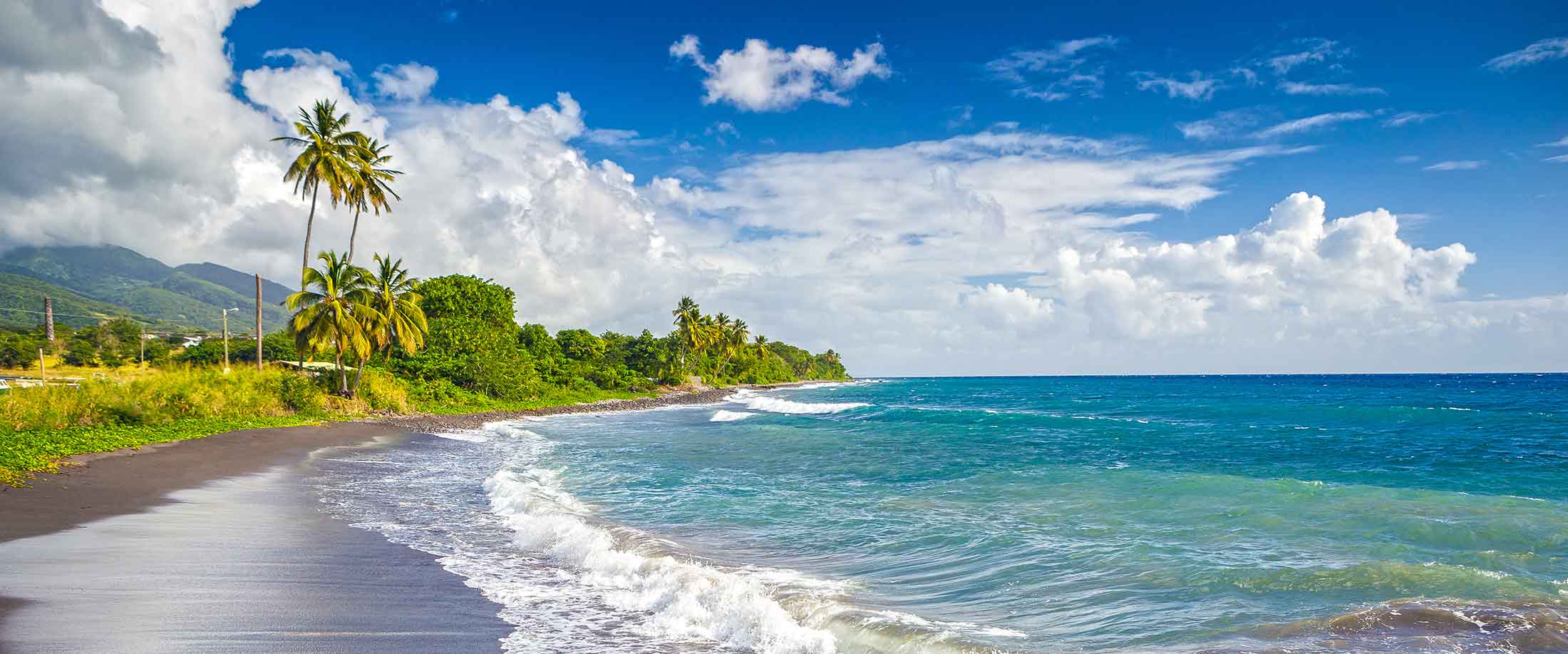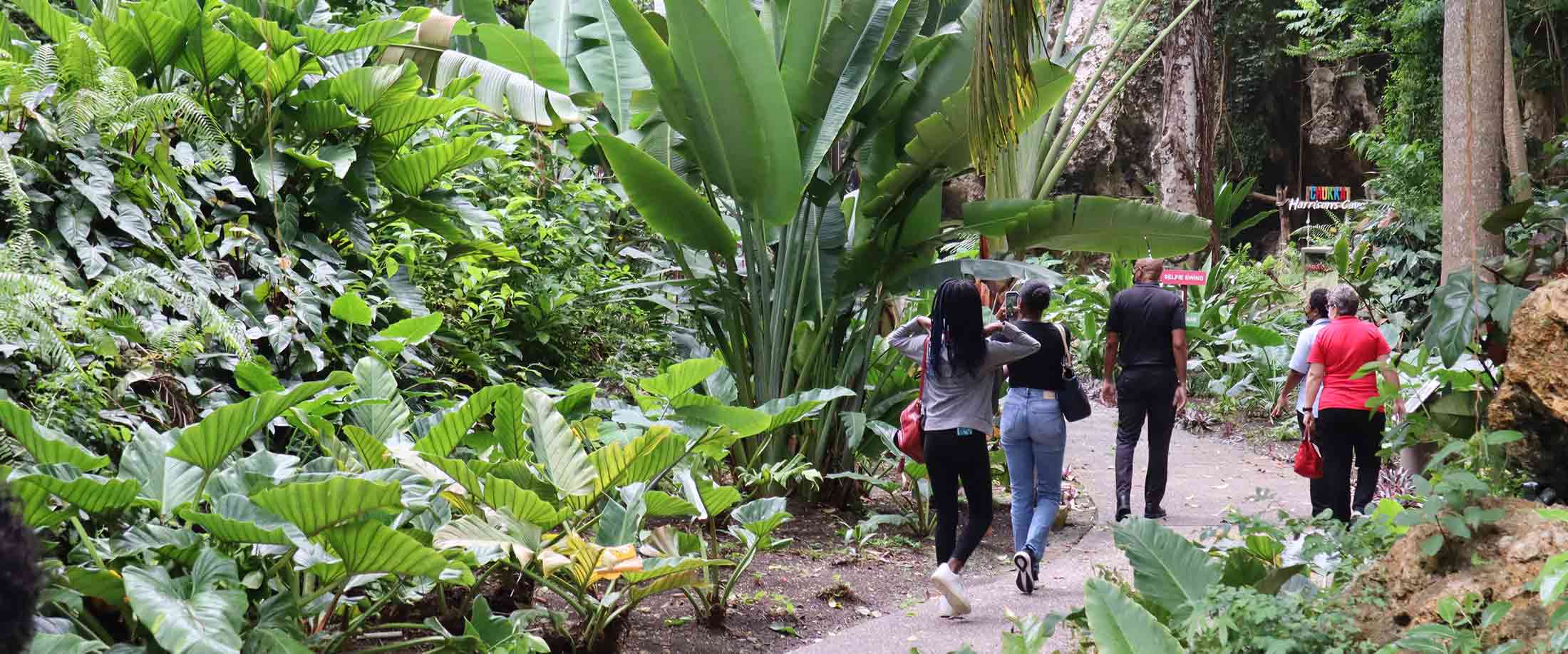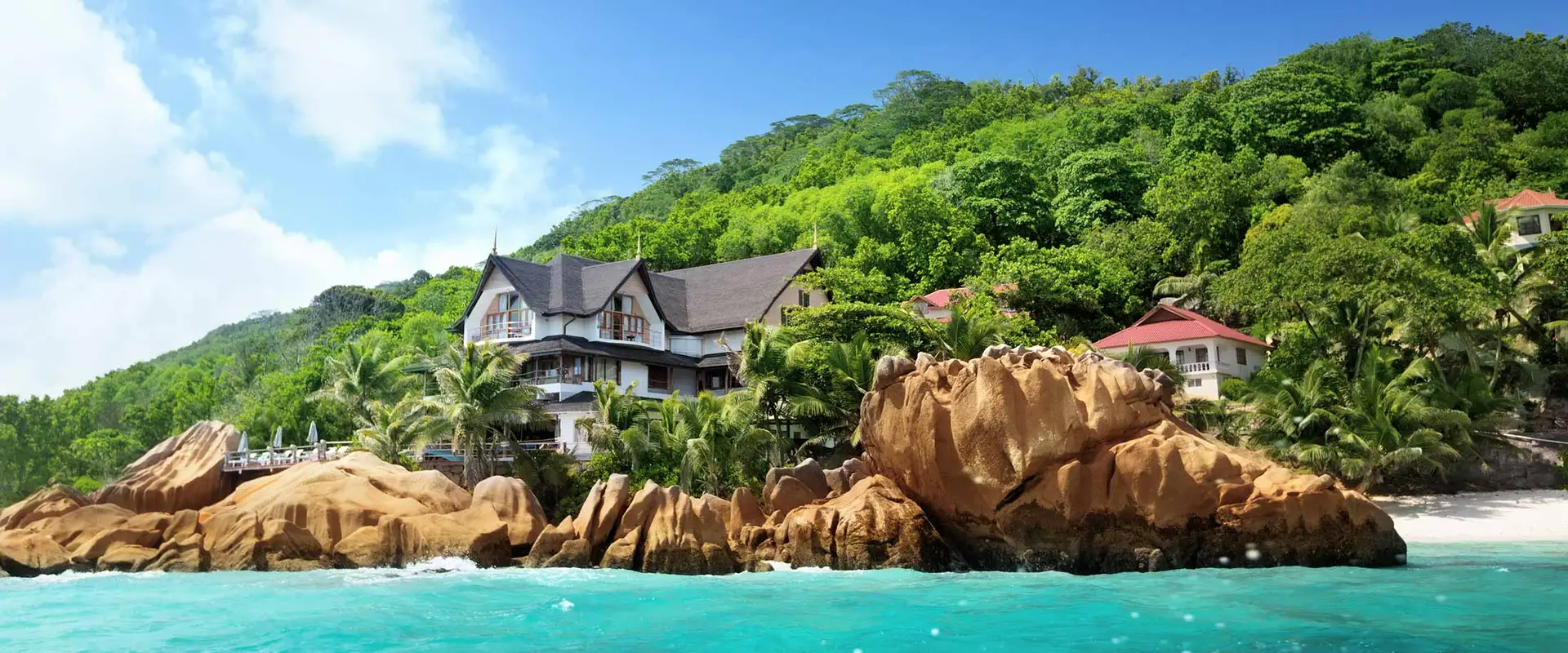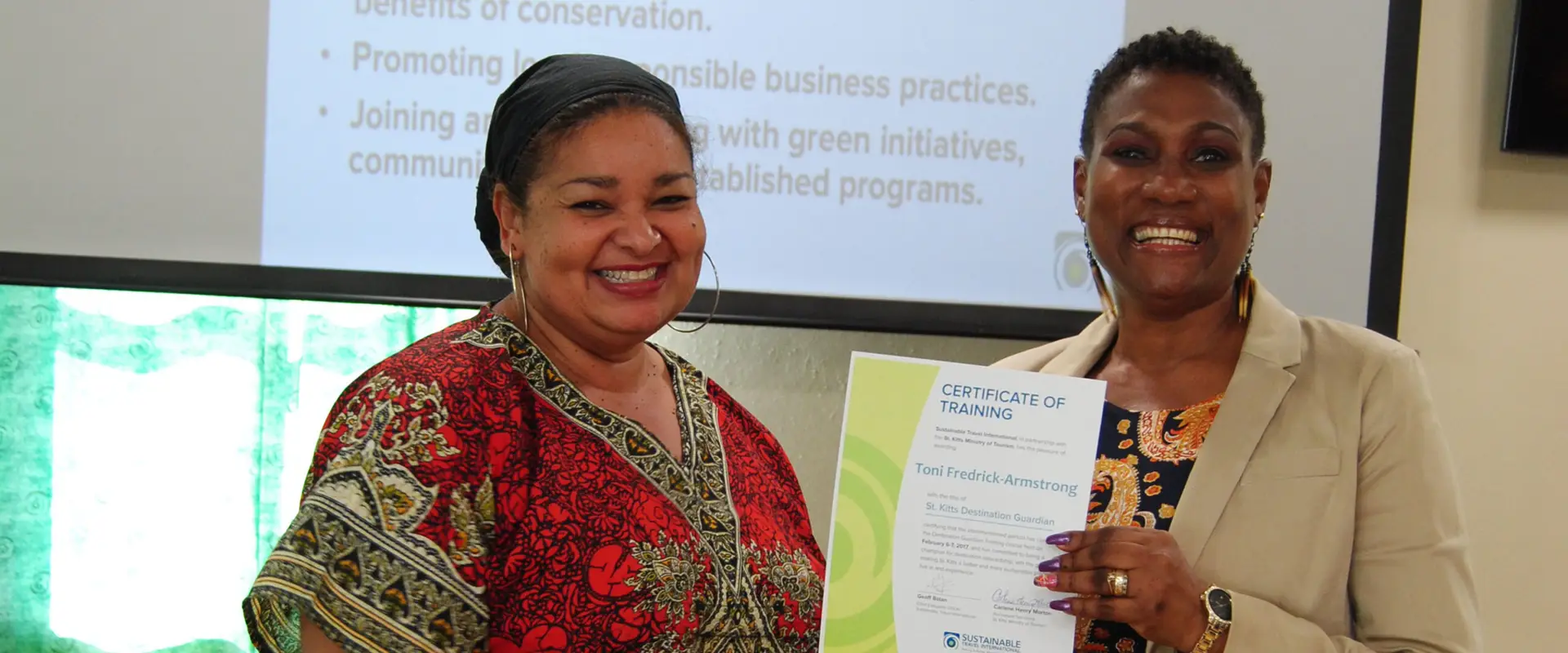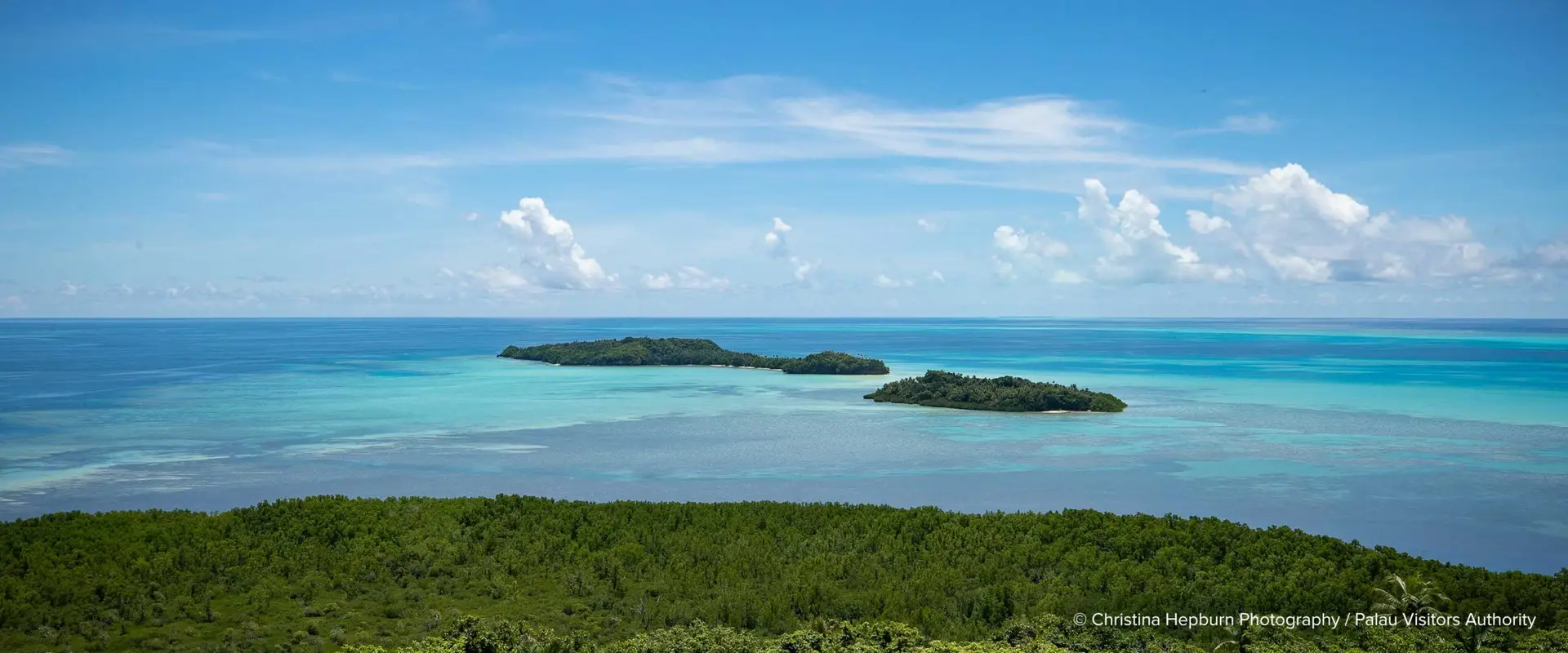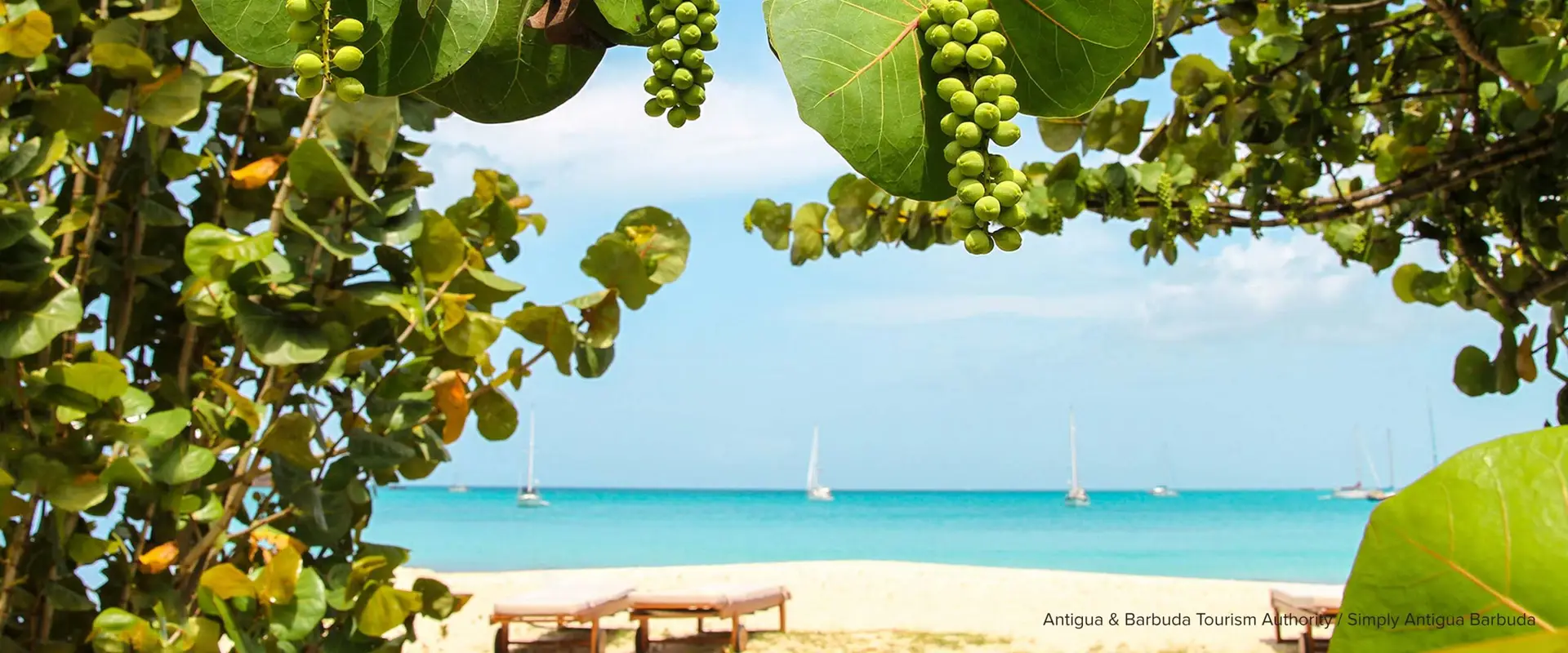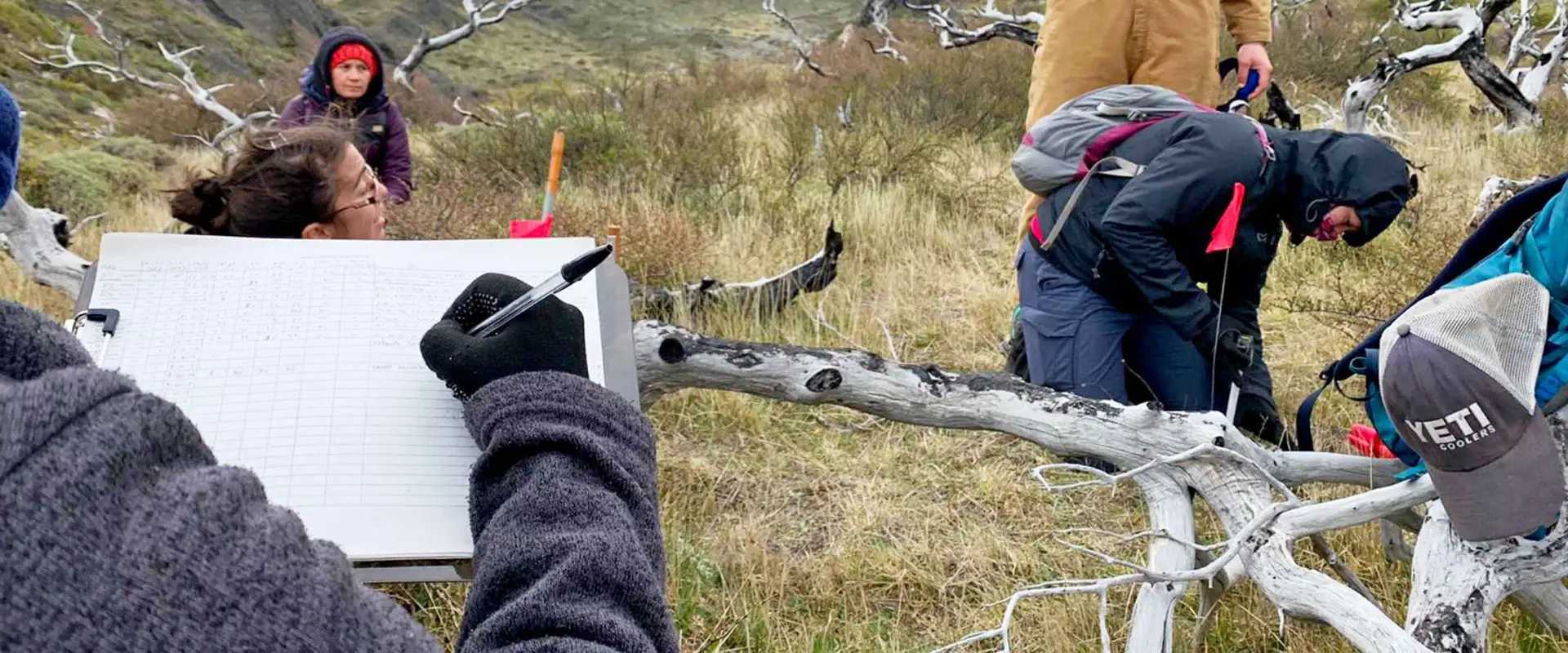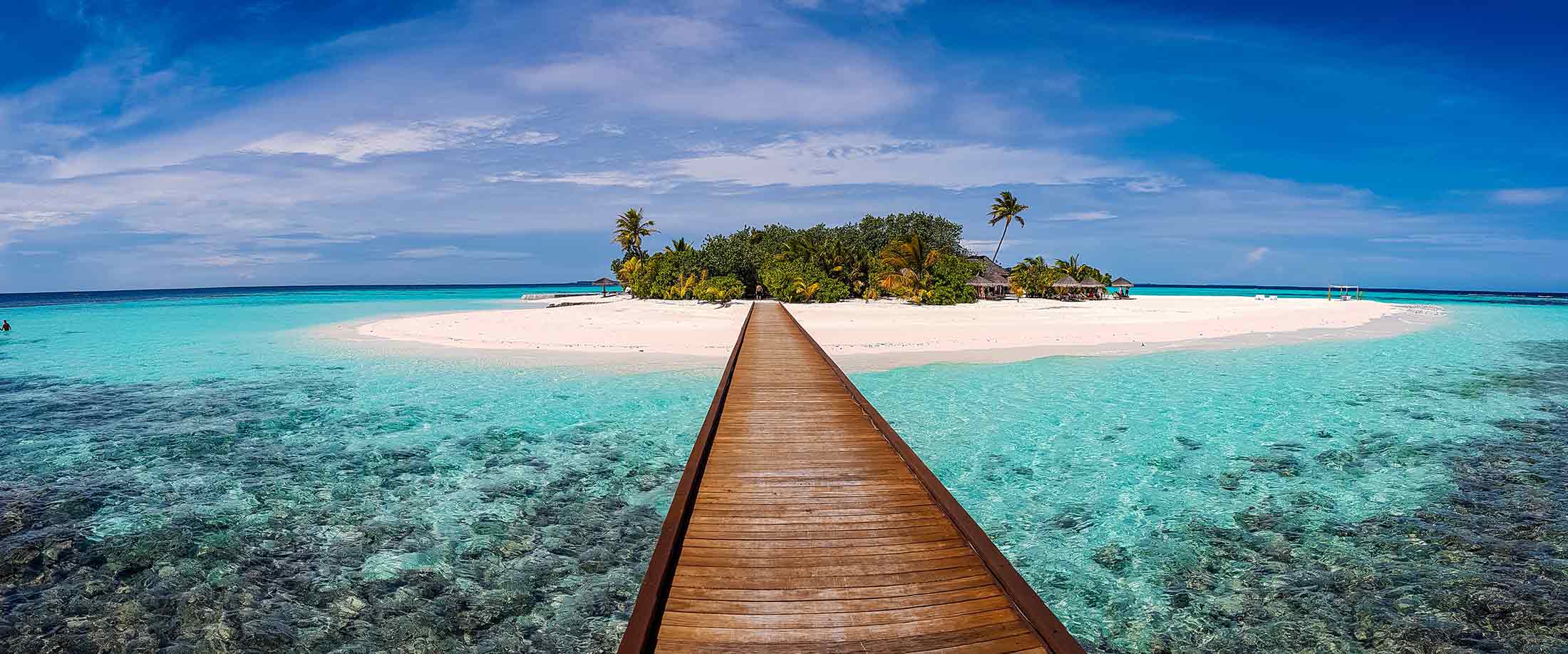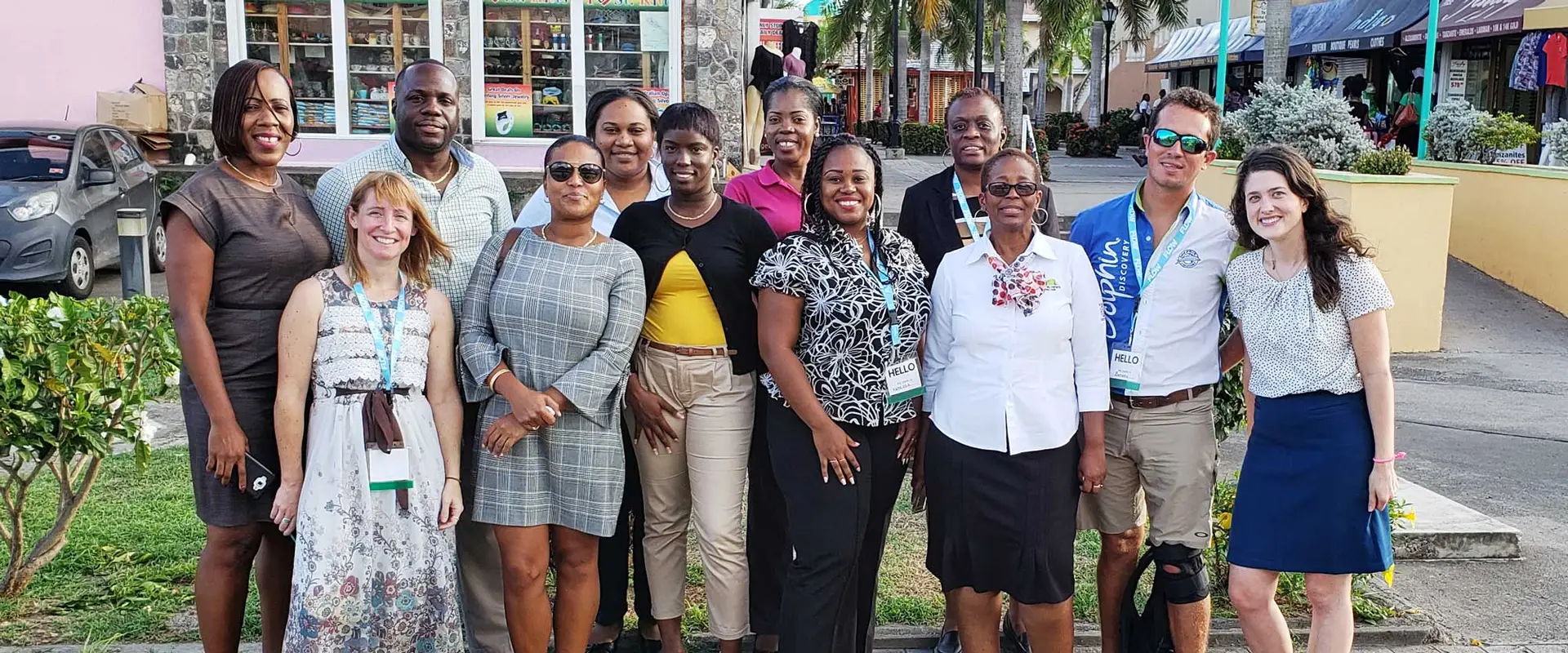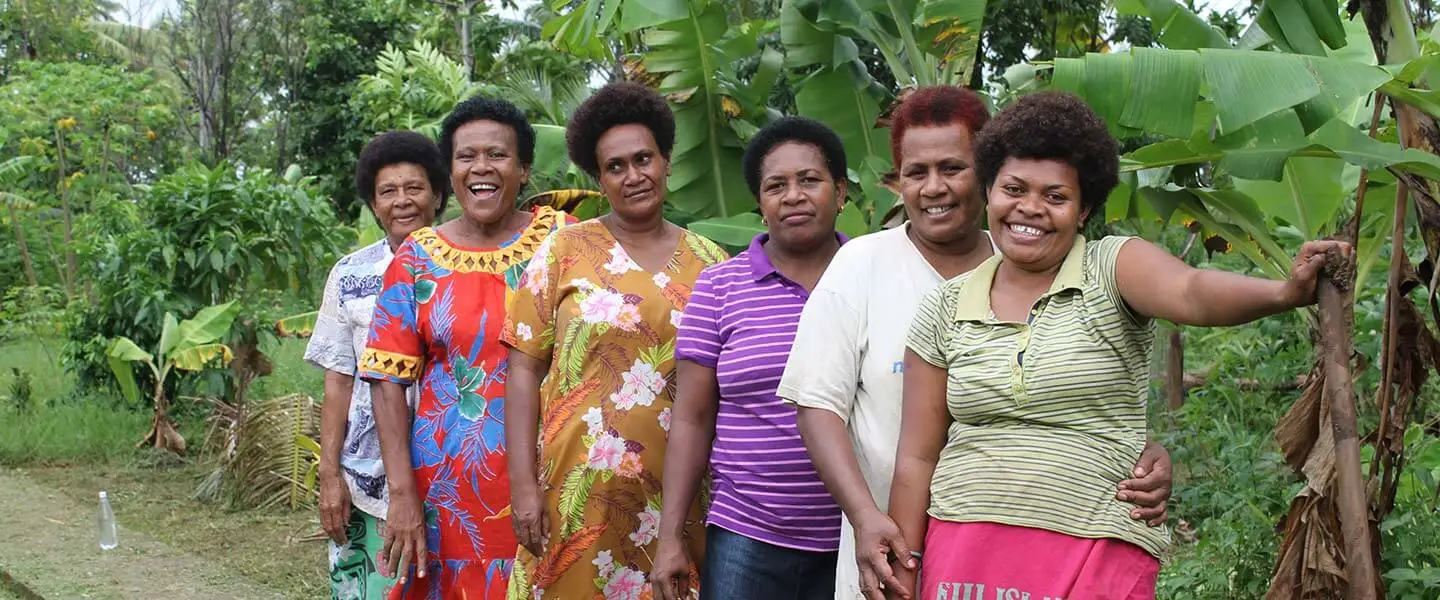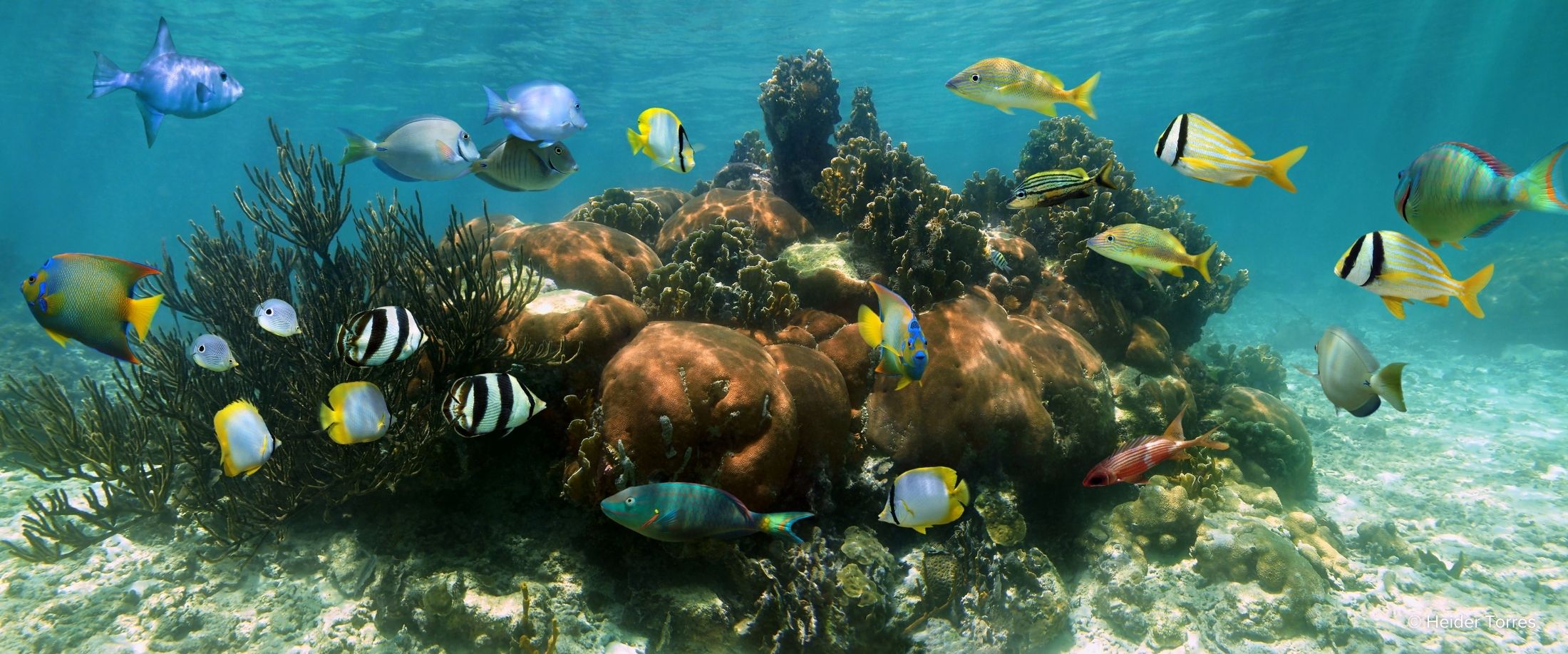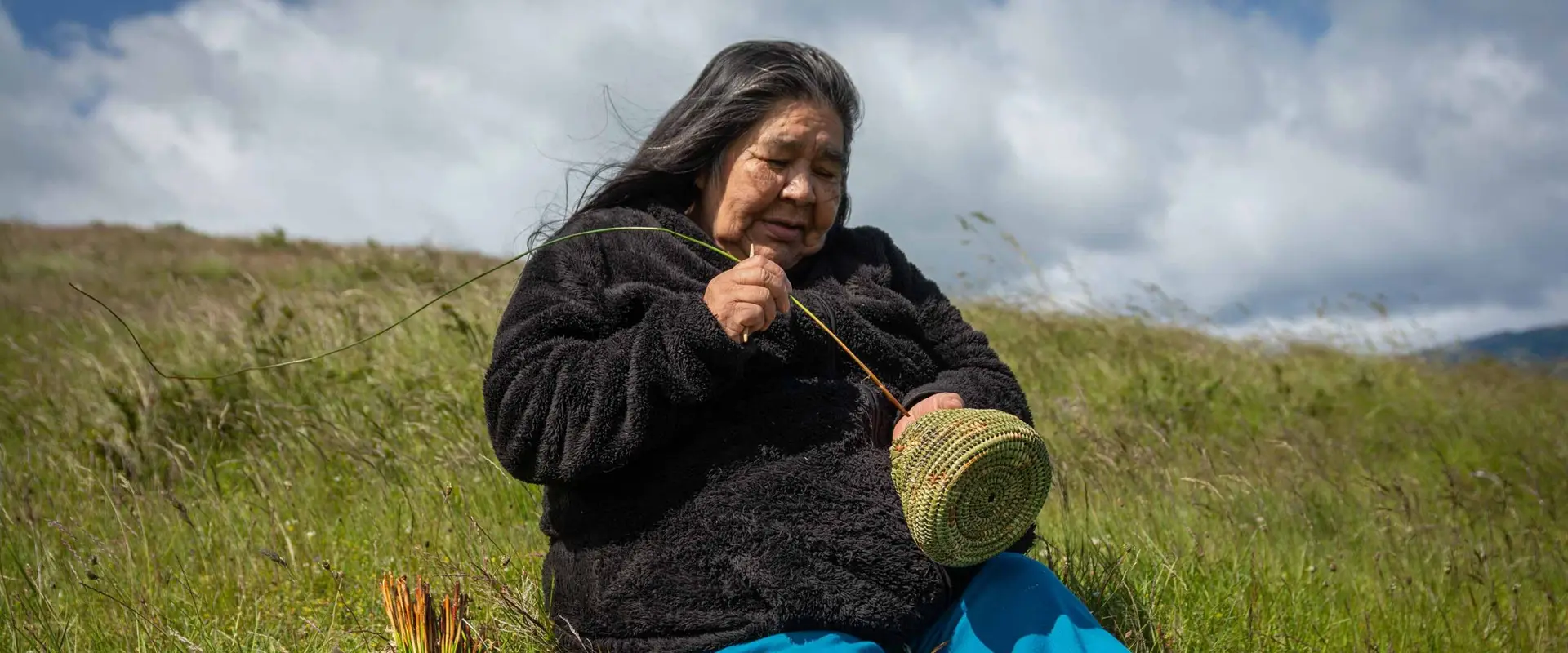Increasing the perceived value of forest conservation through ecotourism development
Made up of over 17,000 islands dotting the Pacific and Indian Oceans, Indonesia is a country with rich natural and cultural wonders. From dense rainforests and towering volcanoes, to picturesque mountain valleys and secluded stretches of beach, Indonesia possesses some of the world’s most spectacular biodiversity. Indonesia has the third largest expanse of tropical forest in the world. At least 30 million people depend directly on Indonesia’s forests for their livelihood but deforestation rates are some of the highest in the world.
The areas most at risk include the carbon rich peat forests in Kalimantan (the Indonesian portion of Borneo) as well as areas of northern Sumatra and Papua. From sequestering carbon and combating climate change, to providing freshwater for local communities, these forests represent a precious and vital resource. In addition, these forests are home to a number of critically threatened species such as orangutans and Sumatran rhinos and elephants. Reducing deforestation will help conserve the environment, protect rare species, safeguard the community’s livelihood, and preserve the destination for years to come.
Our Role
In 2015, USAID launched the LESTARI project to combat Indonesia’s growing threat of deforestation. LESTARI means “everlasting” in Indonesian and the project aims to reduce greenhouse gas emissions and improve protected area management in Central Kalimantan, northern Sumatra, and Papua.
LESTARI is a five-year project implemented by a variety of partners under the leadership of Tetra Tech and funded by the United States Government. Sustainable Travel International’s role in this project focused on identifying and developing alternative livelihoods through ecotourism. Our specific goal was to develop a series of small scale ecotourism partnerships in Central Kalimantan and Aceh that have high conservation value, bring community benefit and are economically viable, appealing to domestic and international markets. Areas of particular focus are Sebangau National Park, Bukit Baka Bukit Raya National Park, Gunung Leuser National Park, and the Trumon-Singkil Wildlife Reserve.
LESTARI targets a 41 percent greenhouse gas emissions reduction in its landscapes by project completion in 2020.
Project Type

Destination: Indonesia

Region: Asia
Location
Dates
2015-2016
Our Partners
Explore More Destination Projects
Protect the Places You Love
Help conserve our planet’s most vulnerable destinations and empower the people who live there. Join the movement today.


